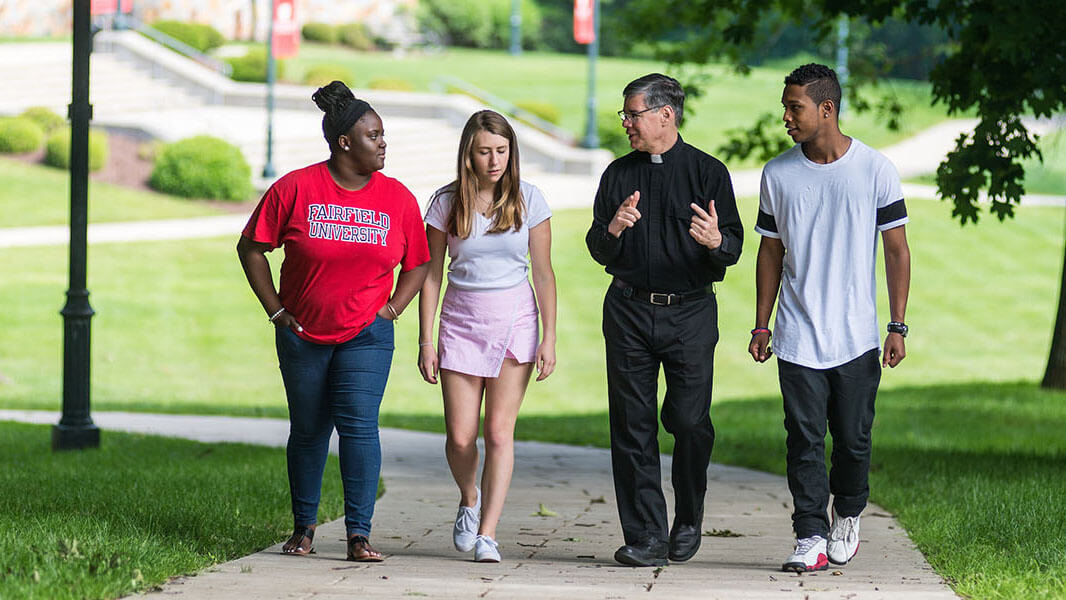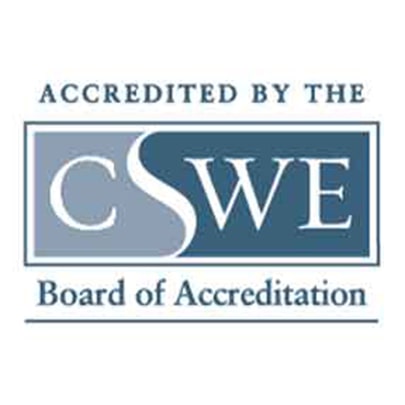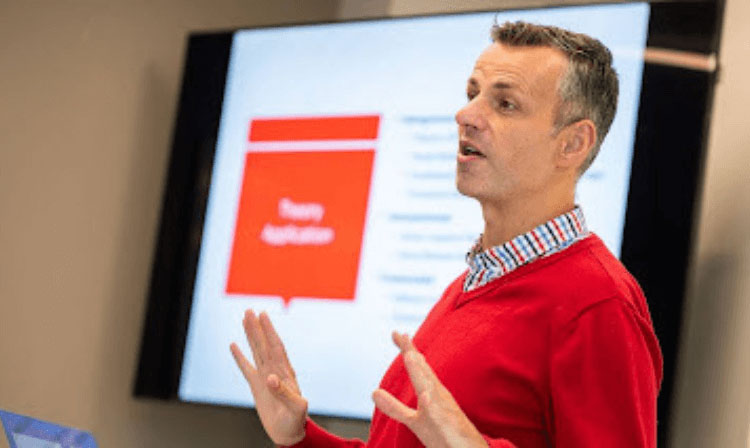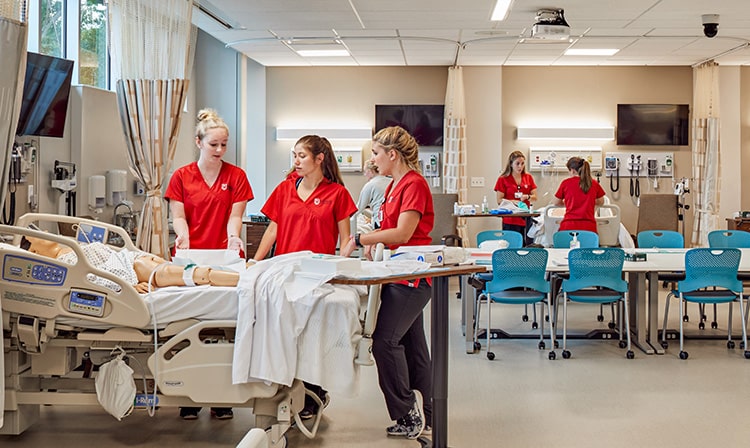Social Work
Degree
Bachelor of Social Work, Major
School/College
Egan School of Nursing & Health Studies
Grounded in Fairfield University’s tradition of service and social justice, the bachelor of social work (BSW) degree at the Egan School combines rigorous classroom learning with supervised field education to develop generalist practitioners equipped to improve the lives of others and to advance a more just society.
Find Out More
Course Requirements
125 credits
Contact Us
Undergraduate Admission
admis@fairfield.edu
(203) 254-4100
Accelerated Master's Degree
Career Outlook
The BSW in the Egan School prepares students for generalist practice. Social workers are the largest group of behavioral health providers in the U.S., and the BSW is the entry-level degree for jobs in this arena.
Internships
Recent Placements
- Catholic Charities of Fairfield County
- Center for Family Justice
- Liberation Program, Inc.
- Revive Center for Wellness
- Town of Fairfield Social Services
- Westport Day School
Due to the small size of the program, professors and peers are accessible and approachable, facilitating meaningful relationships both inside and outside of the classroom. I am confident that my coursework and experiences have prepared me for success in graduate school and for a fulfilling career as a social worker."
– Dean Hartl ’25




